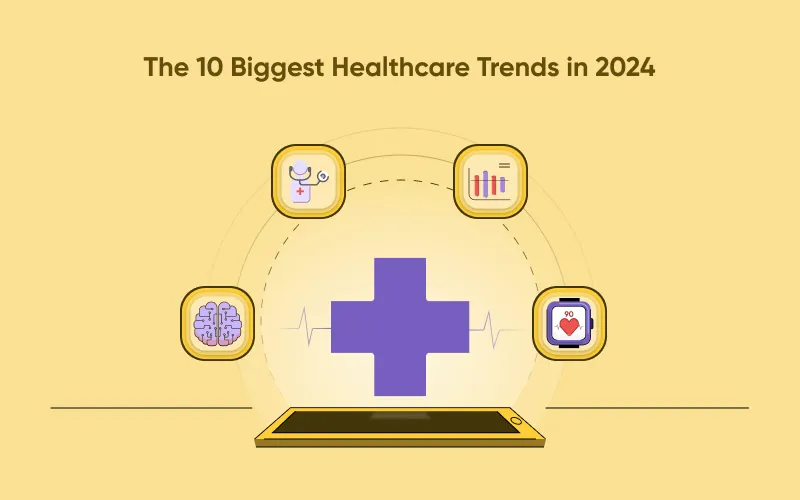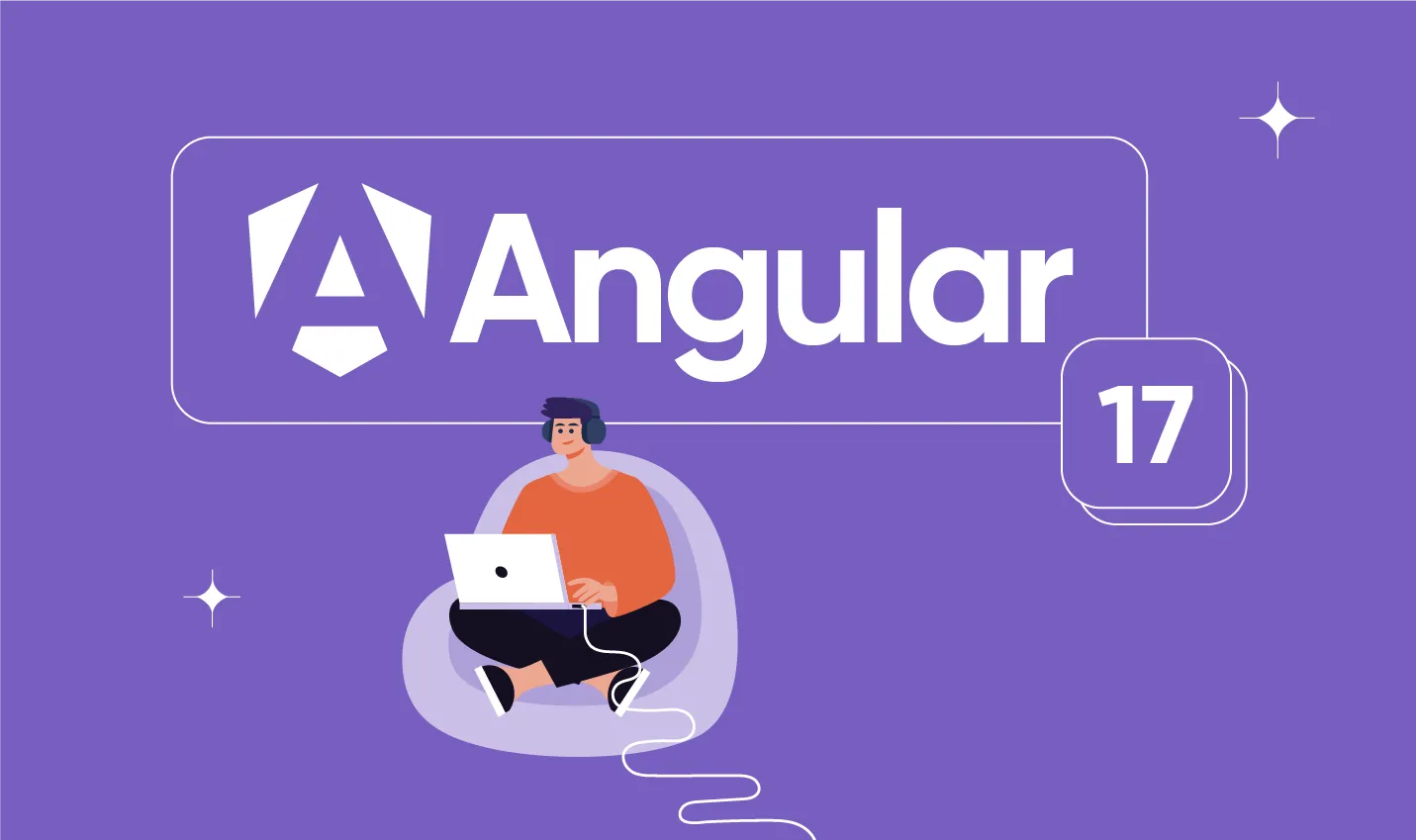Industry news

5 min

Did you know that by end of 2025, over 60% of educational apps will be powered by AI? Software within the education industry continuously adopting AI technology —it’s reshaping how students learn, engage, and succeed today. In this blog, we’ll dive into how AI is transforming education through smarter, personalized learning experiences. From cutting-edge educational app development to real-world examples, updated stats, and expert insights, you’ll discover why AI isn’t just enhancing education—it’s defining the future of smart learning.

By Dhruv Joshi
17 Apr, 2025
Still using old-school teaching methods that don’t work anymore? You’re not alone. Over 63% of educators say traditional learning fails to engage today’s digital-first students.
At Quokka Labs, we get it, students are evolving, but education isn’t keeping pace. That’s where the game changes. With artificial intelligence in education and powerful educational app development, learning is becoming smarter, faster, and deeply personalized in 2025.
In this blog, we’ll break down exactly how the use of AI in education is solving real pain points—from poor engagement to high dropout rates, while also unlocking the benefits of artificial intelligence in education, like adaptive learning and real-time feedback. You’ll also see the proven impact of AI in education through success stories, tools, and the latest trends that are redefining how students learn.
The education sector is already undergoing a massive transformation over the past few years. Traditional classroom methods are being reimagined by digital tools and smart technologies.
Challenges in Traditional Education
Student Engagement: Many traditional methods fail to keep students interested.
Personalization: One-size-fits-all teaching does not address individual learning styles.
Resource Constraints: Teachers often struggle with limited time and resources.
With increasing pressure to modernize, educators and institutions are turning to technology to create more engaging, efficient, and personalized learning environments.
Artificial intelligence in education is at the forefront of this transformation. AI-powered systems are now part of the learning process, from smart tutoring systems to automated grading tools.
Key Components of AI in Education
Machine Learning Algorithms: Learn student performance data to personalize learning experiences.
Natural Language Processing (NLP): Powers chatbots and virtual tutors for real-time student support.
Predictive Analytics: Forecast student performance and identify areas needing improvement.
AI enhances learning by providing personalized pathways, instant feedback, and data-driven insights that traditional methods cannot match.
The benefits of artificial intelligence in education extend far beyond simple automation. AI offers transformative advantages that directly address the needs of today's learners.
Tailored Instruction: AI algorithms assess individual student strengths and weaknesses to create custom learning plans.
Adaptive Assessments: Tests and assignments adjust in real time based on a student's performance.
Instant Feedback: Students receive immediate feedback, helping them understand and correct mistakes on the spot.
Interactive Content: AI-powered apps deliver interactive lessons that keep students engaged.
Gamification: Incorporates game elements to make learning fun and competitive.
Virtual Tutors: Provide 24/7 support and guidance, making learning continuous and accessible.
Data-Driven Insights: Teachers can use AI analytics to monitor progress and intervene when necessary.
Higher Retention Rates: Personalized learning experiences lead to better retention and academic performance.
Scalability: AI tools can support a large number of students simultaneously without compromising quality.
These benefits underscore how the use of AI in education can lead to important enhancements in student learning outcomes and overall educational experiences.
Educational App Development is revolutionizing how students access information and interact with educational content. Modern educational apps are designed to be interactive, user-friendly, and accessible across multiple devices.
Key Features of Modern Educational Apps
User-Centric Design: Intuitive interfaces that enhance user engagement.
Cross-Platform Compatibility: Seamless performance on smartphones, tablets, and desktops.
Interactive Content: Multimedia integration such as videos, quizzes, and simulations.
Real-Time Updates: Instant notifications and updates keep students informed.
Why Educational App Development Is Critical
Accessibility: Students can learn anytime and anywhere, breaking geographical and time constraints.
Cost-Effectiveness: Digital tools reduce the need for expensive textbooks and physical resources.
Scalability: Apps can be easily updated with new content, ensuring that the learning material remains current.
The intersection of Educational App Development and AI is where the magic happens, creating dynamic, adaptable learning atmospheres that cater to every student's needs.
Building an educational app that leverages AI requires careful planning and execution. Here's a step-by-step guide on how to build a fantasy sports app for education—yes, even if your primary goal is to transform learning!
Identify Key Pain Points: Understand the challenges students and educators face.
Set Clear Goals: What outcomes do you want to achieve? Better engagement, higher test scores, or improved retention?
Target Audience: Define who your users are—students, teachers, or institutions.
Front-End: Use frameworks like React Native or Flutter for cross-platform development.
Back-End: Node.js, Python with Django, or Go for scalable server-side solutions.
Database: PostgreSQL or MongoDB for flexible data storage.
AI Tools: TensorFlow, PyTorch, or scikit-learn for machine learning models.
APIs: Integrate third-party APIs for additional functionalities like speech recognition or data analytics.
Wireframing: Sketch out the app's layout and flow using tools like Figma or Sketch.
Prototyping: Make interactive prototypes that actual people may test.
User Testing: To guarantee usability and engagement, get input and make necessary design adjustments.
Machine Learning Models: Train models using historical data to personalize learning experiences.
Chatbots and Virtual Tutors: Implement NLP-based chatbots to assist with common queries and provide guidance.
Analytics Dashboards: Build dashboards to monitor student progress and app performance.
Unit Testing: Ensure individual components work as expected.
Integration Testing: Confirm that different parts of the app work together seamlessly.
Performance Testing: Stress-test the app to handle peak loads during exam times or major learning events.
User Feedback: Run beta tests with a select group of users and iterate based on their input.
Cloud Deployment: Use AWS, Google Cloud, or Azure for scalable hosting.
Continuous Integration/Continuous Deployment (CI/CD): Automate testing and deployment processes.
Ongoing Updates: Update the app frequently to include new features and content in response to user input and changing user requirements.
Following these steps will ensure your app is robust, user-friendly, and equipped with the latest in AI capabilities, making the impact of AI in education both significant and measurable.
The integration of AI in educational apps is not just a concept—it's a reality that's transforming classrooms worldwide. Here are some examples and stats that illustrate this shift.
BYJU'S
BYJU'S uses AI-driven personalized learning paths to adapt content in real time. Students on the platform report a 60% increase in time spent learning, thanks to dynamically tailored lessons.
Khan Academy
Khan Academy's adaptive practice exercises leverage machine learning to pinpoint knowledge gaps. Their data shows a 55% improvement in mastery rates among users who complete AI-recommended exercises.
Coursera
Coursera's AI-based course recommendation engine analyzes user behavior and career goals, boosting course completion rates by 30%.
Duolingo
Duolingo employs AI chatbots and personalized lesson sequencing. Learners using these AI features complete 10% more lessons per week compared to non-AI users.
DreamBox Learning
DreamBox's adaptive math platform adjusts difficulty on the fly, helping students reach proficiency 50% faster than traditional methods.
Growth Rate: The global market for AI in education is expected to grow at a CAGR of over 45% from 2022 to 2027.
User Engagement: Educational apps that integrate AI report up to 70% higher daily active user rates.
Improved Outcomes: Schools using AI-enhanced platforms have noted a 25% improvement in overall academic performance.
These real-world examples and stats underscore the benefits of artificial intelligence in education and illustrate how Educational App Development powered by AI is making a tangible difference.
Understanding the impact of AI in education is key to appreciating its transformative power. AI not only streamlines administrative tasks but also revolutionizes how students learn and interact with content.
Tailored Learning Paths: AI algorithms analyze student performance to recommend personalized lessons.
Dynamic Adjustments: Learning materials adapt in real time based on how students perform on quizzes and assignments.
Improved Engagement: Personalized content keeps students interested and motivated, reducing drop-out rates.
Automated Grading: AI automates routine grading tasks, freeing teachers to focus on instruction.
Data-Driven Insights: Administrators use AI-generated insights to identify struggling students and deploy targeted interventions.
Streamlined Administration: AI reduces the administrative burden, allowing educators to concentrate on teaching.
Lifelong Learning: AI enables continuous learning, providing resources and recommendations even after formal education.
Global Access: AI-powered platforms can deliver high-quality education to remote and underserved areas.
Innovative Pedagogies: As AI evolves, new teaching methods and interactive content will continue to reshape education.
The use of AI in education, especially through custom AI development services, is setting new standards for what's possible, creating more effective, engaging, and efficient learning environments.
While the advantages are clear, developing an AI-powered educational app also comes with its challenges. Here are common hurdles and actionable solutions.
Challenge: Handling sensitive student data while ensuring compliance with regulations.
Solution: Implement robust encryption, regular security audits, and adhere to data protection laws like GDPR.
Actionable Tip: Use secure cloud services and enforce strict access controls to safeguard data.
Challenge: Seamlessly integrating AI modules with existing educational systems.
Solution: Use standardized APIs and modular architectures to ease integration.
Actionable Tip: Collaborate with experienced Educational App Development teams to ensure smooth integration.
Challenge: Advanced AI features can drive up development expenses.
Solution: Start with an MVP focusing on core functionalities and scale gradually.
Actionable Tip: Use open-source AI frameworks and cloud-based services to reduce costs without sacrificing quality.
Challenge: Resistance from educators and students to adopt new technologies.
Solution: Provide comprehensive training, user-friendly interfaces, and continuous support.
Actionable Tip: Before a full-scale launch, run pilot programs and collect user input to improve the app.
The field of artificial intelligence in education is evolving rapidly. Here are trends to watch in the coming years.
Trend: Combining AI with VR/AR to create immersive learning experiences.
Example: Virtual labs and interactive historical recreations.
Actionable Insight: Start exploring VR/AR integration to stay ahead of the curve.
Trend: AI will become even better at forecasting student performance and personalizing learning.
Example: Early warning systems that alert educators to students at risk.
Actionable Insight: Invest in AI tools that offer predictive insights to improve learning outcomes.
Trend: The gamification of education, powered by AI, will continue to grow.
Example: Leaderboards, badges, and challenges that keep students engaged.
Actionable Insight: Incorporate gamification elements into your app to boost user engagement.
Trend: AI-powered educational apps will expand into emerging markets, increasing access to quality education.
Example: Apps tailored for remote learning and language barriers.
Actionable Insight: Consider multi-language support and localization from the start.
At Quokkalabs, we specialize in merging Educational App Development with cutting-edge artificial intelligence in education to transform student learning. Our team of experts provides end-to-end solutions—from conceptualization and design to development and post-launch support.
Custom App Development: Tailored to meet your institution's unique needs.
AI Integration: Leveraging machine learning, NLP, and predictive analytics to create adaptive learning experiences.
Scalable Solutions: Designed to grow with your user base and evolving educational demands.
Ongoing Support: Free consultations, regular updates, and maintenance to ensure long-term success.
Why Partner with Us? With over 5 years of proven experience in web and mobile app development, we utilize the latest tech stacks and AI frameworks to provide robust, user-centric designs that engage both students and educators. Our transparent, agile development processes ensure you're involved at every stage, setting the foundation for long-term success. Partner with us to harness the future of education technology confidently.
The future of education is here, and it is driven by artificial intelligence in education and innovative Educational App Development. By integrating advanced AI technologies with engaging, interactive learning platforms, institutions can overcome traditional challenges such as low engagement, outdated materials, and high operational costs.
In 2025, the benefits of artificial intelligence in education are clear:
Personalized Learning: Tailored education that adapts to individual needs.
Improved Outcomes: Data-driven insights lead to better academic performance.
Increased Engagement: Interactive content and real-time feedback keep students motivated.
Scalability: Digital platforms offer learning opportunities regardless of geography.
For educators and institutions feeling the strain of outdated systems and limited resources, the use of AI in education offers a clear path forward. You can change your classroom, increase student achievement, and uphold your competitive edge in the quickly evolving educational market by implementing this innovative technology.
At Quokkalabs, we're here to help you every step of the way. Our free consultations and expert guidance in Educational App Development can set you on the path to creating a truly transformative learning experience.
Ready to revolutionize your educational approach?
Contact Quokka Labs today and discover how AI-powered educational apps can transform student learning in 2025.
Taxi Booking App Development: Features, Cost Breakdown, and Scalability Challenges
By Dhruv Joshi
5 min read
On-Demand Application Development: Architecture, Use Cases, and Business Models
By Sannidhya Sharma
5 min read
How Much Does Food Delivery App Development Cost? Features, Tech & Budget Explained
By Dhruv Joshi
5 min read
How to Make an App Like DoorDash: Product Strategy, Tech Stack, and Real Costs
By Dhruv Joshi
5 min read

Industry news

8 min
Choosing the right mobile app development company is crucial to the success of your project. Whether you're looking for a partner to bring your idea to life or enhance your existing app, the companies listed here have the expertise and experience to deliver exceptional digital solutions. With their proven track record and commitment to excellence, you can trust them to take your mobile app projects to the next level.


Industry news

5 min
Dive into the future of latest healthcare trends of 2025. From AI diagnostics to telehealth and wearables, discover how innovation is reshaping patient care. Join us in coding the future of healthcare.


Industry news

7 min
Explore Angular v17, the latest framework update revolutionizing web development. This release ensures top-notch performance with faster builds, enhanced features, and advanced tools. Learn about breaking changes, migration tips, and benchmark results. Ready to unleash Angular v17's potential? Dive into the guide and hire experienced Angular developers from Quokka Labs for seamless development. Start building the future of web development today!


Feeling lost!! Book a slot and get answers to all your industry-relevant doubts